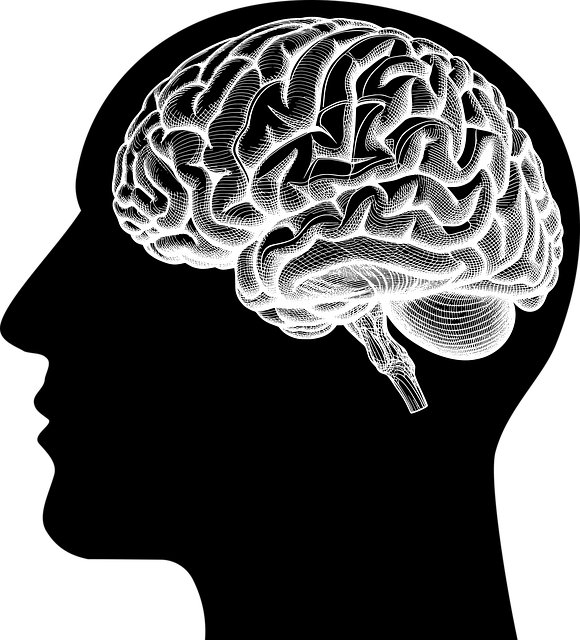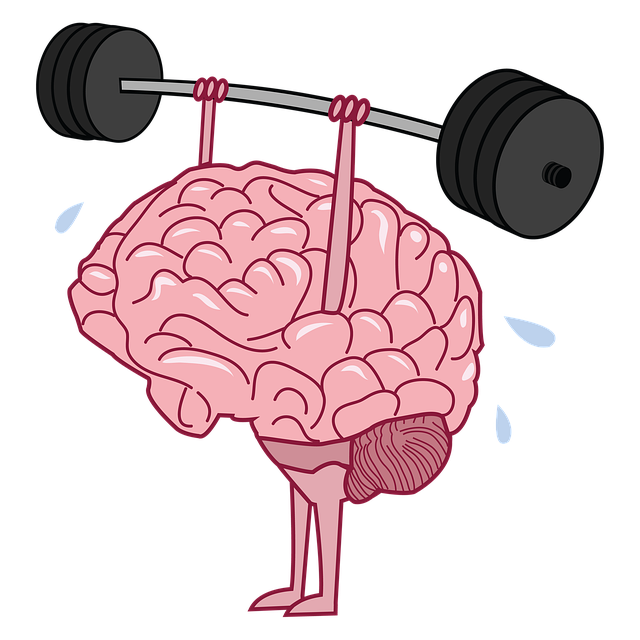Depression, fueled by biological, psychological, and environmental factors, is often triggered by major life transitions. Superior Major Life Transitions Therapy is a powerful tool for prevention, addressing emotional distress and building resilience through coping mechanisms, mindset shifts, and emotional understanding. Combining this therapy with proactive strategies like regular exercise, mindfulness meditation, and early identification of symptoms through journaling can effectively guard against depression during challenging times. Prioritizing self-care and professional guidance are key to maintaining mental wellness.
Depression is a prevalent and debilitating condition, but its onset can be prevented. This article explores comprehensive strategies to safeguard your mental health, focusing on understanding depression’s triggers and implementing proactive measures. From navigating major life transitions with therapy to adopting lifestyle changes and building resilience, these tactics empower individuals to foster a healthier mindset. Early intervention through professional help is also highlighted as a crucial step in preventing depression, emphasizing the significance of superior major life transition therapy in overall well-being.
- Understanding Depression and Its Triggers
- The Role of Therapy in Prevention: A Focus on Major Life Transitions
- Lifestyle Changes for a Healthier Mindset
- Building Resilience: Coping Strategies for Daily Life
- When to Seek Professional Help: Early Intervention is Key
Understanding Depression and Its Triggers

Depression is a complex mental health condition that can significantly impact an individual’s daily life and overall well-being. Understanding its triggers is a crucial step in prevention. Many factors contribute to depression, including biological, psychological, and environmental influences. Major life transitions, such as losing a job or going through a divorce, can serve as significant stressors, leading to a cascade of negative emotions and thoughts. These events often trigger depressive episodes, especially when individuals struggle with coping mechanisms.
Therapy plays a pivotal role in identifying and managing these triggers. Superior Major Life Transitions Therapy, for instance, focuses on helping individuals navigate challenging life changes while fostering resilience. Additionally, burnout prevention strategies, as suggested by crisis intervention guidance, can be proactive measures to safeguard mental health. Encouraging self-care practices is another essential aspect; simple yet effective habits like regular exercise, mindfulness meditation, and maintaining a structured routine can significantly contribute to overall mental well-being and act as protective factors against depression.
The Role of Therapy in Prevention: A Focus on Major Life Transitions

Depression often arises from significant life changes or transitions, making therapy a powerful tool in prevention. Major life transitions, such as losing a job, experiencing a breakup, or dealing with a serious health issue, can trigger emotional distress and, if unaddressed, potentially lead to depression. Superior Major Life Transitions Therapy focuses on equipping individuals with emotional well-being promotion techniques to navigate these challenging periods.
Through therapy, people can develop inner strength and build resilience, enabling them to cope more effectively with life’s curveballs. This proactive approach helps individuals gain a better understanding of their emotional responses, learn healthy coping mechanisms, and foster a positive mindset, all of which are crucial in preventing depressive episodes.
Lifestyle Changes for a Healthier Mindset

Adopting a healthier lifestyle can play a significant role in depression prevention and fostering emotional well-being promotion techniques. Major life transitions, such as changes in relationships, jobs, or locations, can trigger or exacerbate depressive symptoms. Therefore, implementing proactive strategies is essential, especially during these pivotal moments. Regular exercise, for instance, releases endorphins that boost mood and reduce stress, while a balanced diet ensures your brain receives the necessary nutrients to function optimally. Adequate sleep, often overlooked but crucial, allows the mind and body to recharge, enhancing resilience against depression.
Incorporating mindfulness practices into daily routines can also be transformative for emotional health. Therapy techniques like cognitive-behavioural therapy (CBT) have proven effective in managing depression by identifying and changing negative thought patterns. Additionally, engaging in hobbies, spending time in nature, or connecting with supportive communities can provide a sense of belonging and purpose, serving as valuable trauma support services. Risk management planning for mental health professionals is also crucial; they can guide individuals through these transitions, offering tools to navigate life’s challenges and maintain a positive mindset.
Building Resilience: Coping Strategies for Daily Life

Building resilience is a crucial aspect of preventing depression, especially during major life transitions where individuals often face significant challenges. Therapy plays a pivotal role in this process by equipping people with superior coping skills to navigate through stressful events. Through professional guidance, one can learn effective strategies to manage emotions and adapt to changes. This involves identifying personal strengths and resources, fostering positive self-talk, and developing problem-solving abilities.
In addition, healthcare providers should consider burnout prevention strategies as a part of their self-care practices. By implementing coping skills development techniques, they can enhance their resilience and better support patients dealing with depression. Simple yet powerful self-care practices like regular exercise, mindful meditation, and maintaining a balanced diet contribute to overall mental well-being and serve as proactive measures against depressive episodes.
When to Seek Professional Help: Early Intervention is Key

When considering depression prevention strategies, it’s crucial to understand when to seek professional help. Early intervention plays a superior role in managing and mitigating depressive episodes, especially around major life transitions. If you or someone close is experiencing persistent feelings of sadness, hopelessness, or a significant loss of interest in activities once enjoyed, it could be an indication of a deeper issue that requires therapy.
Professional guidance, particularly through evidence-based practices like Superior Major Life Transitions Therapy, offers valuable tools for navigating mental wellness. Journaling and exercise, coupled with confidence-boosting strategies, can be integral components of this process. Mental Wellness Journaling allows individuals to track their moods, thoughts, and experiences, providing insights that support mindful adjustments. Moreover, incorporating regular physical activity and Mind Over Matter principles can help improve symptoms, as exercise releases endorphins, promotes better sleep, and enhances overall well-being.
In conclusion, preventing depression involves a multifaceted approach. Understanding its triggers, such as significant life changes, is crucial. Superior major life transitions therapy, combined with lifestyle adjustments like regular exercise and mindfulness practices, can significantly improve mental health. Building resilience through coping strategies helps individuals navigate challenges more effectively. Early intervention through professional help is key to preventing depression from escalating, emphasizing the importance of seeking support when needed.














